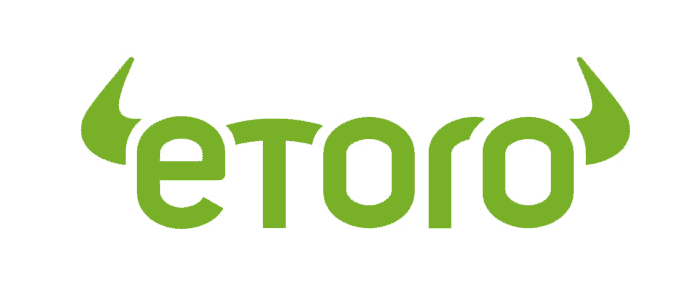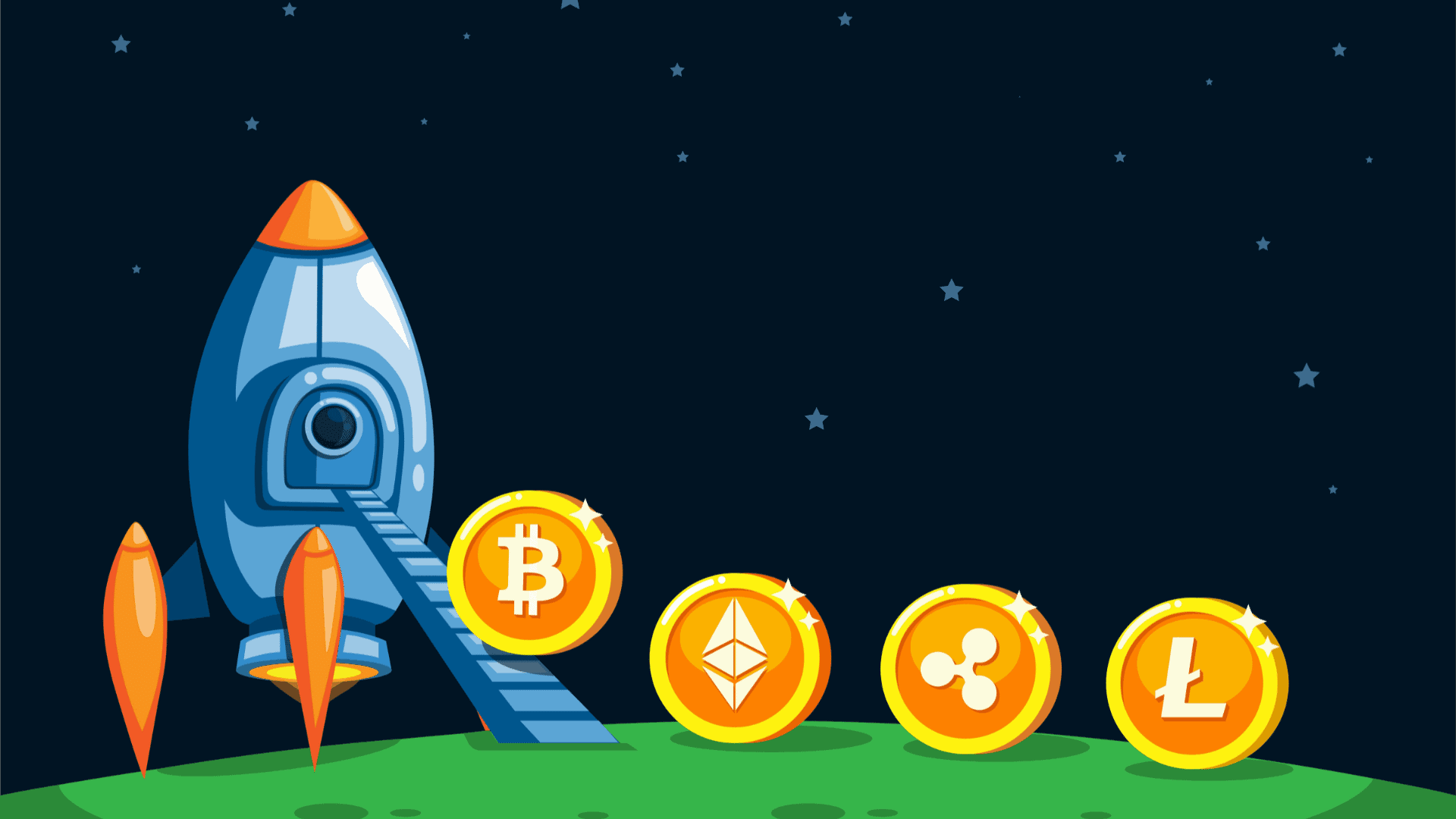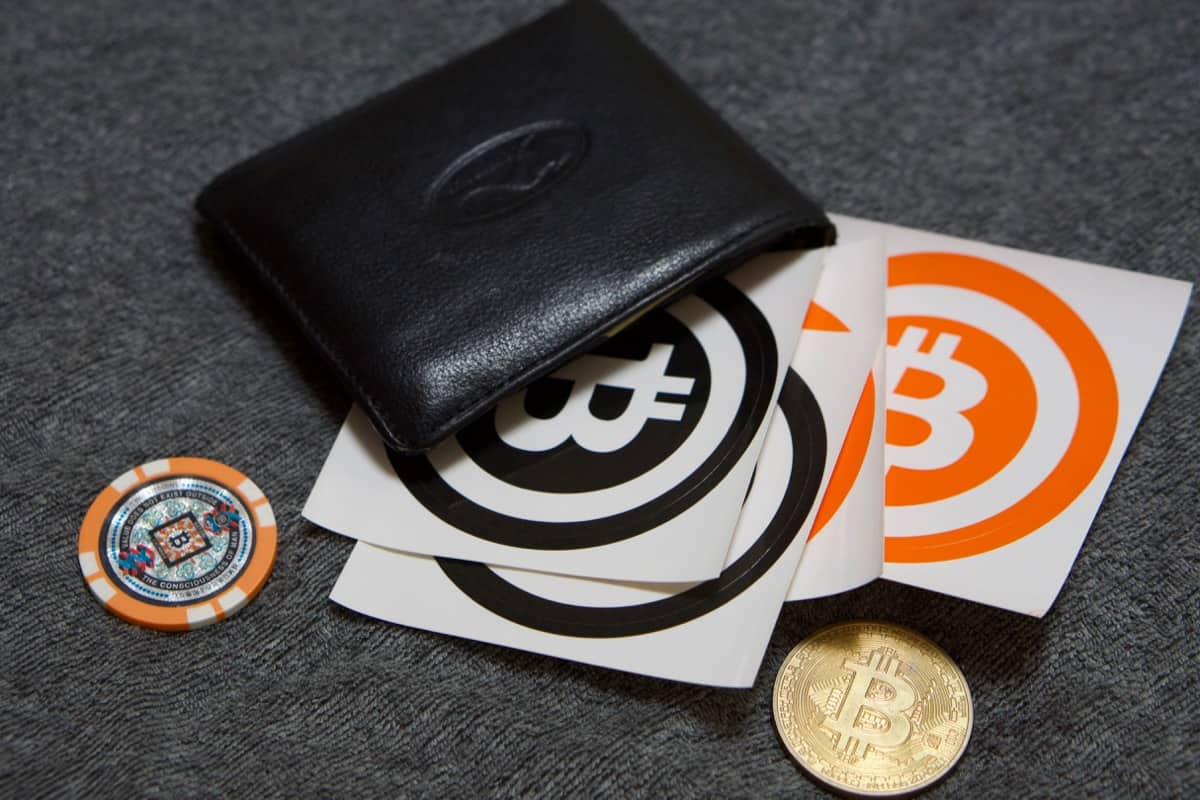
Bitcoin (BTC)
| Market Cap | Volume | Last Trade |
|---|---|---|
Bitcoin Details
| Built On | Launch Date | Proof Type | Max Supply | Circulating Supply | Website |
|---|---|---|---|---|---|
| 0 | 0 | NO | Platform | Block Reward | Block Time | Block Number | Net Hashes Per Sec | Bitcoin |
| 0 | 0 | Trade |
Bitcoin (BTC) price today is $0.0000000 USD. Trading volume was 0.00 BTC in the last 24 hours. Current market cap of Bitcoin is $0 USD. Bitcoin has a circulating supply of 0 BTC coins out of a maximum supply of 0 BTC coins.
An In-Depth Look at Bitcoin (BTC)
What is Bitcoin (BTC) and how does it work?
Overview
Bitcoin (BTC) is a digital or virtual currency that leverages peer-to-peer technology to facilitate instant payments. It was created in 2009 by an unknown person or group of people using the pseudonym Satoshi Nakamoto. Bitcoin transactions are verified by network nodes through cryptography and recorded on a public ledger called a blockchain. Bitcoin can be exchanged for other currencies, products, and services, and it is often used for investment purposes.
Technical Aspects
Bitcoin operates on a decentralized network of computers that participate in transaction processing and record-keeping. The Bitcoin protocol is based on blockchain technology, a type of distributed ledger that records all transactions made with the cryptocurrency. Each transaction is grouped in a block and multiple blocks form a chain, thus the term blockchain.
Bitcoin uses a proof-of-work (PoW) system for mining new bitcoins. Miners solve complex mathematical problems and are rewarded with bitcoins for their efforts. This process also validates and records transactions on the blockchain. Bitcoin’s supply is capped at 21 million coins, and as of 2021, more than 18 million bitcoins have been mined.
Bitcoin transaction data is permanently recorded in files called blocks. Each block contains a record of the recent transactions, a reference to the block that came immediately before it, and a solution to a mathematical puzzle, which is found by a process known as mining.
Team
Bitcoin was created by an anonymous figure or group known as Satoshi Nakamoto. Despite numerous attempts to uncover Nakamoto’s identity, it remains unknown. Nakamoto’s last known communication was in 2010, and since then, the development of Bitcoin has been overseen by a volunteer group of developers known as Bitcoin Core. This team maintains and updates the Bitcoin source code.
Although the team behind Bitcoin is not like the usual teams seen behind other cryptocurrencies, they have played a crucial role in maintaining and improving the Bitcoin network. They are responsible for implementing updates and changes to the Bitcoin protocol, which are then voted on by the community.
Launch Date
Bitcoin was first released as open-source software on January 9, 2009. The first block, known as the ‘Genesis Block’ or ‘Block 0’, was mined by Satoshi Nakamoto on January 3, 2009. However, it wasn’t until July 13, 2010, that Bitcoin started trading on its first exchange, BitcoinMarket.com. This is often considered the ‘launch date’ of Bitcoin, as it was the first time the cryptocurrency was available to the public for trading.
Bitcoin has undergone significant growth since its launch, revolutionizing the financial sector and paving the way for other digital currencies. Despite its volatility, Bitcoin continues to remain the most dominant cryptocurrency in terms of market capitalization and widespread use. As it stands, Bitcoin has become more than just a cryptocurrency; it represents a technological innovation, a digital asset class, and a social, political, and economic movement.
How Does Bitcoin (BTC) make money?
Bitcoin, often referred to as BTC, is a decentralized digital currency that is created, distributed, traded, and stored with the use of a decentralized ledger system known as a blockchain.
Mining
The first way that Bitcoin makes money is through a process known as mining. Bitcoin miners use powerful computers to solve complex mathematical problems that validate each transaction on the blockchain. Once a problem is solved, the miner adds the transaction to the blockchain and is rewarded with a certain amount of newly-created Bitcoins. This process is called “mining” because it is similar to digging for gold or diamonds – you put in work and eventually hope to find something valuable.
Transaction Fees
In addition to mining new Bitcoins, miners can also make money from transaction fees. Every time someone sends Bitcoin to someone else, they have the option to include a small fee to incentivize miners to include their transaction in the blockchain. As the number of transactions on the Bitcoin network increases, so too does the potential for miners to make money from transaction fees.
Price Appreciation
The third way that Bitcoin can make money is through price appreciation. Like any other asset, the price of Bitcoin is determined by supply and demand dynamics. When the demand for Bitcoin increases, the price goes up. Thus, individuals or entities that hold large amounts of Bitcoin can make money by selling their Bitcoins when the price is higher than the price at which they bought them.
How Can I make Money with Bitcoin?
While Bitcoin itself generates revenue through mining and transaction fees, individual investors and traders can also make money with Bitcoin in several ways.
Buying and Holding
The simplest way to make money with Bitcoin is to buy and hold the cryptocurrency. This strategy involves buying Bitcoin and holding onto it for a long period of time, hoping that the price will increase. This is a long-term investment strategy that requires patience and a belief in the value of Bitcoin.
Trading
Another way to make money with Bitcoin is through trading. This involves buying and selling Bitcoin in the short term to take advantage of price fluctuations. There are different strategies for trading, including day trading (buying and selling within the same day), swing trading (buying and selling over a period of days or weeks), and scalping (making many trades in a short period of time to take advantage of small price movements).
Mining
As mentioned earlier, mining is a way that Bitcoin itself makes money. However, individuals can also engage in mining to make money. This involves setting up and maintaining a mining rig, which is a powerful computer that can solve the mathematical problems required to validate transactions on the Bitcoin network. Mining requires a significant investment in hardware and electricity, so it’s not for everyone.
Accepting Bitcoin as Payment
Finally, businesses can make money with Bitcoin by accepting it as a form of payment. This can attract customers who prefer to use Bitcoin, and it can also lead to profit if the price of Bitcoin increases after the business has received it.
In conclusion, there are various ways to make money with Bitcoin, both for the cryptocurrency itself and for individual investors and traders. As with any investment, it’s important to do your own research and understand the risks before getting involved.
How Can I Buy Bitcoin (BTC)?
Buying Bitcoin (BTC) may seem daunting to those unfamiliar with the process, but it is actually quite straightforward. This guide will walk you through the process step-by-step, focusing on the popular exchange platform, Binance.
Create an Account on Binance
To start, you’ll need to create an account on Binance. Visit the site and click on the “Register” button. You will be asked to provide a valid email address and create a password. It is advisable to use a unique, strong password to ensure the security of your account.
Verify Your Account
After setting up your account, the next step is account verification. Binance requires users to verify their identity for security purposes and to comply with global finance regulations. You will need to provide your personal details including your full name, address, and a valid form of identification such as a passport or driver’s license.
Secure Your Account
Once your account has been verified, it’s important to secure it. Binance provides several security features that you should take advantage of, such as 2-Factor Authentication (2FA), which adds an extra layer of protection.
Deposit Fiat or Cryptocurrency
With your account set up and secured, you can now make a deposit. Binance allows users to deposit both fiat currency (like USD, EUR, etc.) and other cryptocurrencies. To deposit, go to your dashboard, select “Wallet”, then “Deposit”. Choose the currency you want to deposit, and follow the instructions provided.
Buy Bitcoin (BTC)
Now that you have funds in your account, you can purchase Bitcoin. Navigate to the “Markets” tab, select the BTC/USD pair (or your deposited currency pair), and click on “Buy BTC”. Enter the amount you wish to purchase and confirm the transaction.
Store Your Bitcoin in a Secure Wallet
After purchasing your Bitcoin, it’s crucial to store them in a secure wallet. Binance provides an online wallet, but for enhanced security, you might consider transferring your Bitcoin to a hardware wallet, which is a physical device designed to securely store cryptocurrencies.
For a more detailed guide on how to buy BTC, feel free to visit this comprehensive guide.
What are the Best Wallets for Bitcoin (BTC)?
When it comes to storing your Bitcoin, choosing the right wallet is crucial. Wallets help manage your BTC by storing the digital credentials necessary to access your Bitcoin from the blockchain. Here are some of the best wallets for Bitcoin:
-
Ledger Nano X: This hardware wallet is known for its top-notch security and its ability to manage up to 100 different cryptocurrencies simultaneously.
-
Trezor Model T: Another hardware wallet, the Trezor Model T delivers an intuitive and secure way to manage your Bitcoin and other cryptocurrencies.
-
Exodus: If you prefer a software wallet, Exodus is a great option. It’s user-friendly and supports a wide range of cryptocurrencies.
-
Trust Wallet: Developed by Binance, Trust Wallet is a mobile wallet that emphasizes security and simplicity.
-
Blockchain Wallet: As one of the most popular digital wallets, Blockchain Wallet offers a seamless way to store and transact Bitcoin.
Remember, the best wallet for you depends on your specific needs and circumstances. Each wallet has its own strengths, so consider your priorities before making a decision.
How Can I Find More Bitcoin (BTC) News?
Bitcoin (BTC), the first-ever cryptocurrency, has captured the world’s attention with its disruptive potential. For those who are keen to stay updated with the latest news and developments, there are several resources available.
Bitcoin Website
Bitcoin.org is a primary source of information about Bitcoin. It offers a comprehensive view of Bitcoin’s history, principles, and how it works. It’s an indispensable resource for both newcomers and seasoned Bitcoin enthusiasts.
Bitcoin Whitepaper
The Bitcoin whitepaper is the original document written by the anonymous creator of Bitcoin, Satoshi Nakamoto. It outlines the foundational concepts of Bitcoin and the underlying blockchain technology. Reading this whitepaper provides a deep understanding of Bitcoin’s original vision and purpose.
Bitcoin Twitter
CoinMarketCap’s Twitter account is a great source for real-time news and updates about Bitcoin. Here, you can find information about price changes, market trends, and major announcements in the Bitcoin community.
Bitcoin Reddit
Reddit is a popular platform for community-led discussions about Bitcoin. The Bitcoin subreddit is filled with user-generated content, including news articles, discussions, questions, and more. It’s a valuable resource for anyone interested in Bitcoin’s community sentiment and trends.
Coins Similar to Bitcoin (BTC)
Bitcoin has inspired the creation of numerous other cryptocurrencies. Some of these coins share similar characteristics, while others aim to improve upon Bitcoin’s design or offer new features. Let’s take a look at some of these Bitcoin alternatives.
Litecoin
Litecoin, often referred to as the silver to Bitcoin’s gold, was one of the first cryptocurrencies to follow in the footsteps of Bitcoin. It offers faster transaction confirmation times and a different hashing algorithm. If you’re interested in understanding more about Litecoin, please visit the link provided.
Bitcoin Cash
Bitcoin Cash is a direct spin-off of Bitcoin, created due to differing views within the Bitcoin community about scalability solutions. It increases the block size limit, allowing for more transactions to be processed in each block. To learn more about Bitcoin Cash, follow the link above.
Bitcoin SV
Bitcoin SV, short for Bitcoin Satoshi Vision, is a fork of Bitcoin Cash. It further extends the block size limit with the aim of returning to what it sees as the original vision of Bitcoin, as outlined by Satoshi Nakamoto. You can find more information about Bitcoin SV at the given link.
eCash
Previously known as Bitcoin ABC, eCash represents a strong commitment to the original vision of peer-to-peer electronic cash. It focuses on scalability and extensibility. For more details about eCash, please visit the link provided.
In conclusion, while Bitcoin remains the most well-known and widely used cryptocurrency, it’s valuable to explore and understand the diverse range of cryptocurrencies that have emerged in its wake. Each offers unique features and improvements, and contribute to the dynamic and evolving landscape of the digital currency world.
Bitcoin Markets
| Rank | Exchange | Country | Coin Types | Fees | Trade |
|---|---|---|---|---|---|
| 1 |
 Etoro
Etoro
|
Cyprus | 34 Currencies including BTC | 0,10% > 1% | More info |
| 2 |
 Crypto.com
Crypto.com
|
Hong Kong | 287 Currencies including BTC | 0.04% - 0.4% | More info |
| 3 |
 Coinbase
Coinbase
|
US | 241 Currencies including BTC | 1,49% > 3,99% | More info |
| 4 |
 Binance
Binance
|
Cayman Islands | 366 Currencies including BTC | 0,10% | More info |















